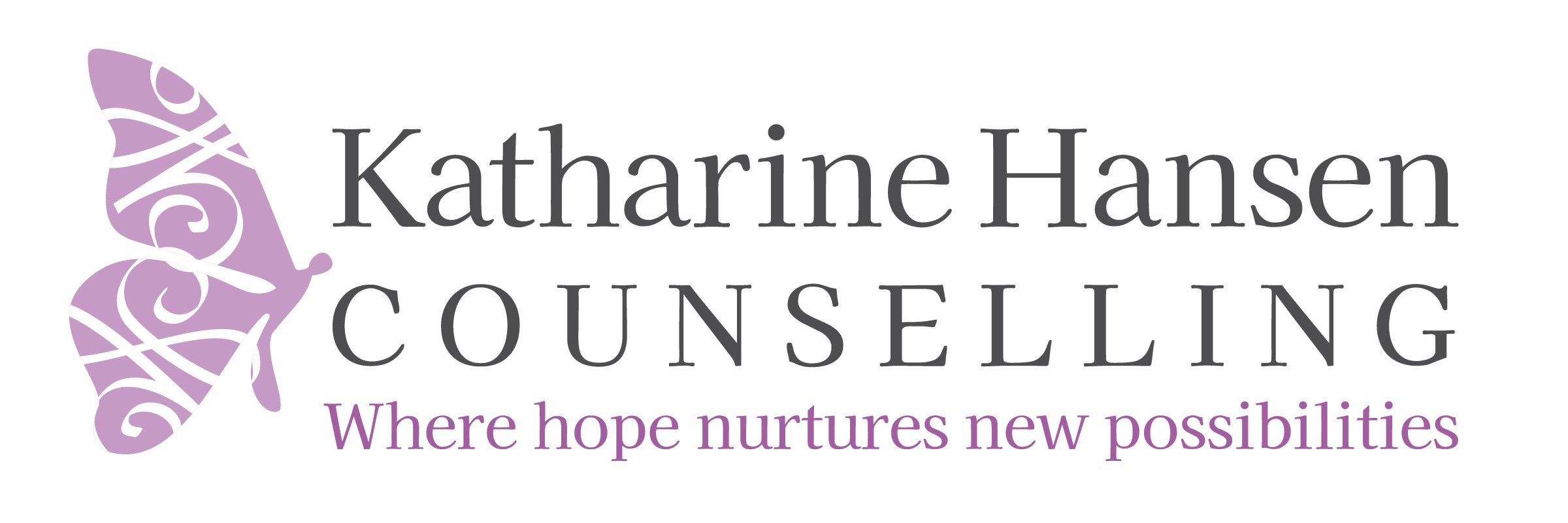Understanding Crisis and Crisis Counselling
Life is filled with unexpected challenges, and at times, these challenges can overwhelm us to the point where it feels like everything is spiraling out of control. This overwhelming state is often referred to as a crisis. A crisis can manifest in various ways, such as a sudden loss, a severe anxiety attack or the onset of depression. While everyone experiences stress and difficulty, a crisis is characterized by an inability to cope using the usual methods of problem-solving and self-care. It’s in these moments of acute distress that crisis counselling becomes a crucial lifeline.
Crisis counselling is a specialized form of therapy designed to provide immediate support and stabilization to individuals facing intense emotional, psychological, or situational distress. Unlike long-term therapy, which focuses on deep-rooted issues and ongoing mental health management, crisis counselling addresses the immediate problem, offering practical solutions and emotional support to prevent further escalation. Understanding when to seek crisis counselling is vital because timely intervention can significantly reduce the risk of long-term psychological damage, help regain a sense of control, and potentially save lives.
Despite its importance, there are many misconceptions about crisis counselling that can prevent people from seeking help when they most need it.

Two common myths about crisis counselling:
Myth 1: “I Can Handle It On My Own.”
One of the most pervasive myths about crisis situations is the belief that you should be able to manage them on your own. Many people feel that seeking help is a sign of weakness or that it means they have failed in some way. This couldn’t be further from the truth. A crisis can overwhelm even the most resilient individuals and acknowledging that you need help is a sign of strength, not weakness.
Crisis counselling provides a space where you can openly express your emotions, fears, and concerns without judgment. As trained crisis counsellor, Katharine Hansen, can offer the tools and strategies needed to navigate through the immediate distress and help you regain a sense of stability. It’s important to recognize that trying to handle everything on your own, especially during a crisis, can lead to further complications, including worsening mental health issues, strained relationships, and physical health problems. Seeking professional support is a proactive step toward healing and recovery.
Myth 2: “Only Severe Cases Need Crisis Counselling.”
Another common misconception is that crisis counselling is only for the most severe situations, such as after a suicide attempt or during a psychotic break. While crisis counselling is certainly essential in these extreme cases, it is not limited to them. Crisis counselling is for anyone who is struggling to cope with a situation that feels overwhelming, regardless of its perceived severity.
For example, the sudden loss of a job, the breakdown of a relationship, or even a major life transition like moving to a new city can trigger a crisis for some individuals. The intensity of a crisis is subjective, and what might be manageable for one person could be devastating for another. Crisis counselling is there to support individuals through any situation that significantly disrupts their ability to function day-to-day. It’s not about how severe the crisis is, but about how it affects you and your ability to cope.
The Reality of Crisis Situations
Crisis situations can arise from a variety of triggers, and understanding what constitutes a mental health crisis is crucial. A crisis is not just about the event itself but about your reaction to it. Common situations that may trigger a crisis include:
- Loss or Bereavement: The death of a loved one can cause profound grief, leading to feelings of hopelessness and despair.
- Mental Health Episodes: Sudden or severe episodes of anxiety or depression that make it difficult to function.
- Life Transitions: Major life changes, such as divorce, retirement, or a significant move, can create feelings of instability and uncertainty.
- Relationship Issues: Conflict, betrayal, or the end of a relationship can be deeply destabilizing and lead to a crisis state.
Understanding that a crisis can happen to anyone, at any time, is key. The sooner you recognize that you are in a crisis, the quicker you can seek the help you need to manage it effectively.
Key Signs You Need Immediate Help
It’s crucial to be aware of the signs that indicate when immediate help is needed. Here are some key indicators that you should seek crisis counselling:
- Persistent Feelings of Hopelessness or Despair: If you find yourself feeling hopeless or unable to see a way out of your situation, it’s a strong sign that you need immediate help. These feelings can lead to thoughts of suicide or self-harm, which are serious and require urgent attention.
- Extreme Anxiety or Panic Attacks: If you are experiencing panic attacks or overwhelming anxiety that prevents you from functioning normally, crisis counselling can help you manage these symptoms and find relief.
- Inability to Perform Daily Activities: If you find it challenging to get out of bed, go to work, or take care of basic needs like eating and hygiene, it’s a sign that your mental health is in jeopardy, and you should seek crisis counselling.

How Crisis Counselling Can Help
Crisis counselling is designed to provide immediate support and stabilization. Here’s how it can help:
Immediate Support and Safety Planning: Crisis counsellors assess the immediate risk and create a safety plan tailored to your needs, which may include coping strategies, emergency contacts, and next steps for continued support.
Emotional Validation and Support: Being able to express your feelings and concerns in a safe environment can provide immense relief and help you process the crisis more effectively.
Connection to Resources: Crisis counsellors can connect you with additional resources, such as long-term therapy, support groups, or medical care, to ensure you have the ongoing support you need.
Preventing Escalation: By addressing the crisis promptly, crisis counselling can prevent the situation from escalating into a more severe mental health condition, such as prolonged depression or post-traumatic stress disorder (PTSD).
Myths and misconceptions about crisis counselling can prevent people from seeking the help they need during critical times. Understanding that a crisis can happen to anyone and recognizing the signs that you need immediate help are the first steps towards healing. If you’re experiencing overwhelming distress, don’t hesitate to seek support. At Katharine Hansen Counselling, we are here to help you through your crisis and guide you towards long-term recovery.
Contact us today to book an appointment and take the first step towards regaining control and finding hope.

